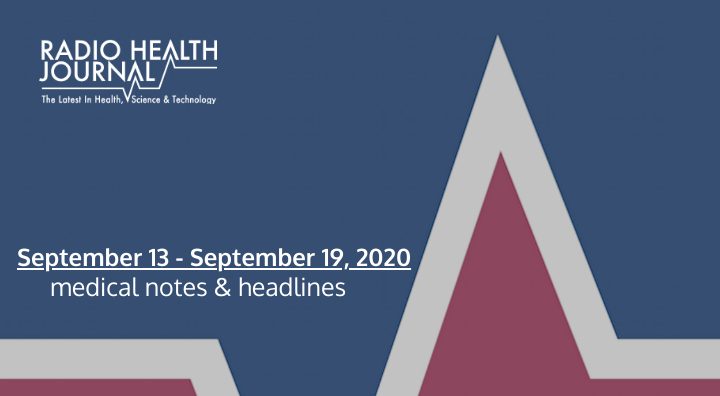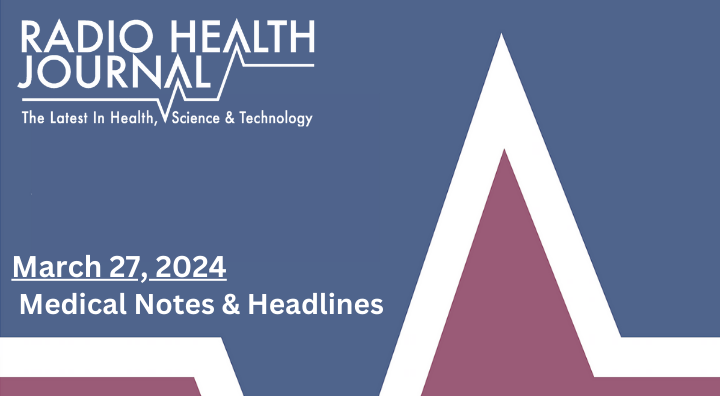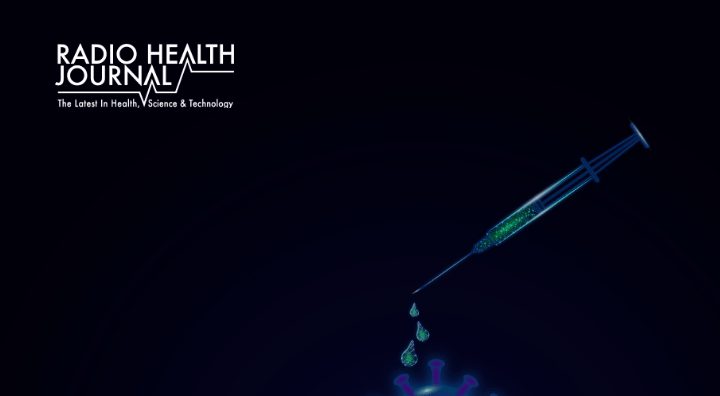Melanoma carries a poor prognosis when it’s not caught early, but a common, inexpensive drug could boost the effectiveness of immunotherapy to treat it. Current immunotherapy treatments have a response rate of less than 35 percent but a study in the journal OncoImmunology finds that the addition of pan beta blockers increases it substantially. In the study, 70 percent of patients receiving pan beta blockers with immunotherapy were still alive after five years versus about 25 percent of those who did not receive them.
If you’re sick, other people can tell it with just a glance. Researchers writing in the journal Proceedings of the Royal Society B injected half of a group of people with bacteria that produce flu-like symptoms, then photographed all of the subjects two hours later. The pictures were shown for no more than five seconds each to another group who were able to pick out who was well 70 percent of the time.
Going to religious services can be good for your health. A study in the journal PLOS One finds that people who attend religious services at least once a week receive a substantial amount of protection against mortality. Even those who attended less frequently suffered less mortality than those who didn’t attend at all. Religious affiliation made no difference. Scientists say health behaviors can explain some of it—those who attend services are less likely to smoke or drink, and more likely to exercise and get health screenings.
And finally… scientists may have discovered why some women stay away from particular college majors or career paths—the perception that you have to be brilliant to succeed in them. Researchers say girls begin to associate “smartness” with boys by the time they’re six years old, and their study in the Journal of Experimental Social Psychology finds that those stereotypes persist over time. so women are less likely to think they’ll fit in if it takes being really smart to succeed.











Leave a Reply